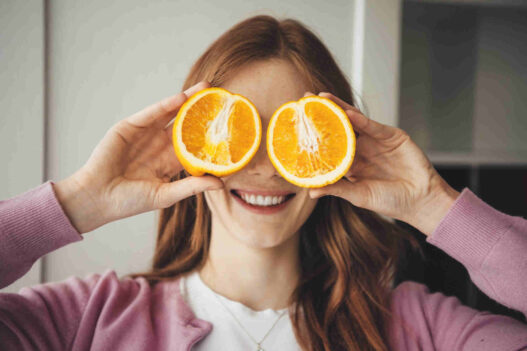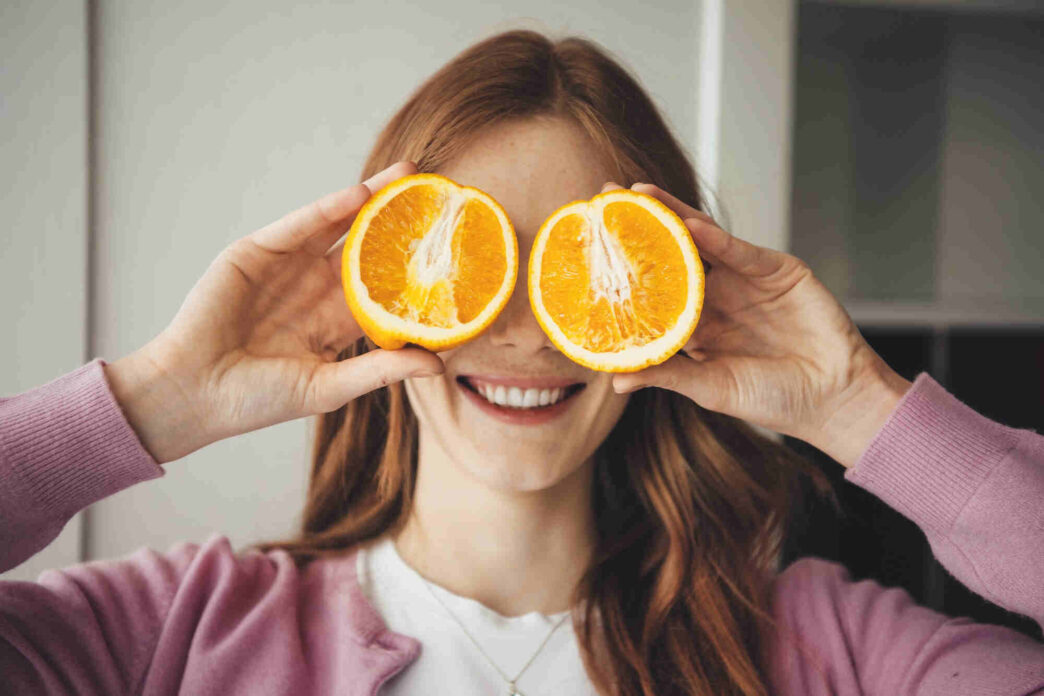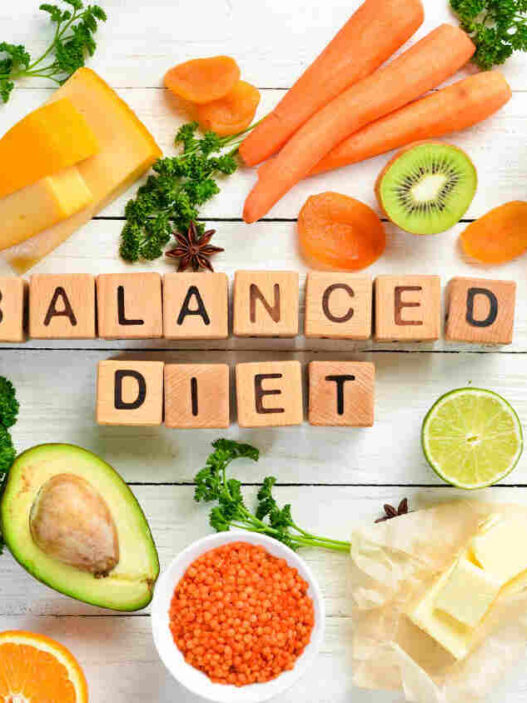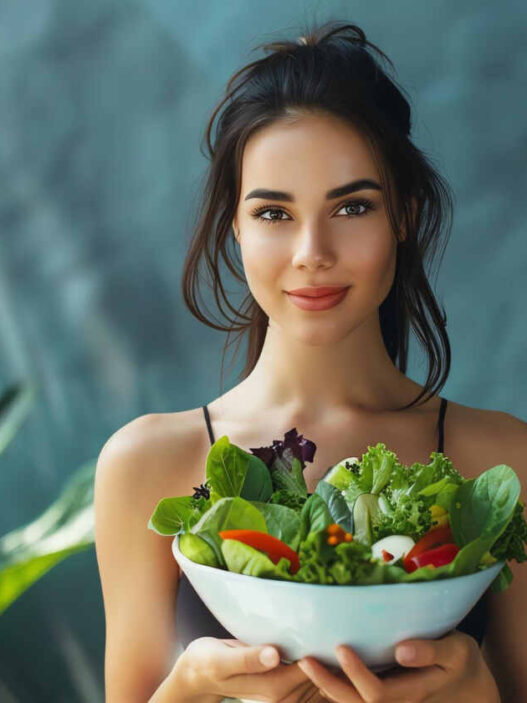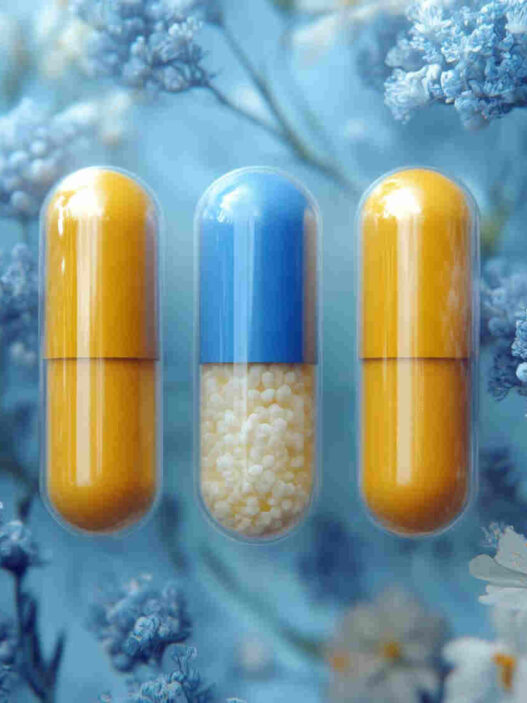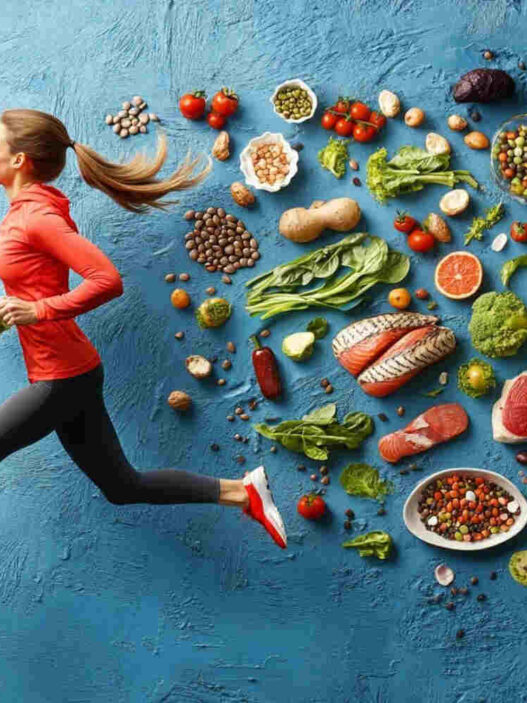From the vivid colors of a sunset to the nuanced expressions on our loved ones’ faces, our eyes help us experience the beauty of the world. But like the rest of our bodies, they need the right nutrients to function at their best. In this article, we’re breaking down the ‘menu’ for healthy eyes, discussing the nutrients vital for maintaining good vision. Ready to feast your eyes on some knowledge? Let’s dive in!
The Anatomy of the Eye & The Importance of Nutrition
The journey of light begins at the cornea, the eye’s outermost layer. It then passes through the pupil, a tiny opening whose size is controlled by the colored iris. The lens behind the iris further focuses the light. It directs the light onto the retina, a thin layer of tissue at the back of the eye. The retina converts light into electrical signals. These signals travel to the brain through the optic nerve. This is what creates visual perception.
Each of these components can be influenced by nutrition. For instance, a diet lacking essential nutrients can lead to vision problems. On the other hand, a balanced diet rich in certain nutrients can support and maintain good eye health. Such can be an excellent preventive measure against different eye diseases.
While remedies like an eye drop for chlorine exposure can help treat immediate eye discomforts or reactions, a consistently nutritious diet can sustain the long-term health of your eyes. It’s a good preventive measure that will ensure healthier vision, especially as you age.
Nutritional Superheroes for your Eyes
To help you put nutrition for the eye at the forefront of your dietary decisions, this section shines a spotlight on the key vitamins and minerals you should invite onto your plate.
Vitamin A
Often called the ‘eye superhero,’ Vitamin A plays a key role in keeping our vision sharp and clear. It’s like the protective shield of our corneas and conjunctival membranes. It also has another cool trick up its sleeve – it aids in the formation of rhodopsin, a protein that lets our retinas soak up light, contributing to our ability to see clearly in low-light conditions and perceive vibrant colors. A lack of Vitamin A can make night-time driving a challenge and lead to other significant eye problems.
To ensure your Vitamin A supply is never running low, you might want to befriend carrots, sweet potatoes, spinach, and kale. They’re rich in beta-carotene, a form of Vitamin A that our bodies can easily use.
Lutein and Zeaxanthin
These are power-packed antioxidants that call our retinas home. They’ve got an essential job to do – acting like a pair of natural shades, they shield our eyes from potentially harmful light, including the blue light from our screens. These two can lend a hand in reducing the risk of macular degeneration and cataracts.
Our bodies can’t whip up lutein and zeaxanthin on their own, so we need to invite them to the party via our diet. Leafy green veggies like spinach and kale, as well as egg yolks, are great sources of these two nutrients.
Vitamin C
Introducing Vitamin C, a potent antioxidant and the mastermind behind collagen production. By keeping Vitamin C levels high in your diet, you’re equipping your body with a shield against cataracts, a boost for your blood vessels’ health, and a guard against age-related macular degeneration. As a bonus, this Vitamin is also great for fighting sniffles. Not to mention, it can boost your immunity.
To welcome this vitamin into your daily diet, make sure you’re feasting on fruits such as oranges, strawberries, and bell peppers.
Omega-3 Fatty Acids
They’re the unsung heroes of eye health. Omega-3 fatty acids play a significant role in visual development and retinal function. In addition, these essential fats are crucial for alleviating dry eyes, a condition caused by inadequate tear production.
Foods that are great sources of these helpful fats include fatty fish like salmon and tuna, flaxseeds, chia seeds, and walnuts.

Selenium
This essential mineral works closely with antioxidant enzymes to prevent oxidative stress in our bodies, including our eyes. By protecting our eyes from oxidative damage, selenium can play a role in preventing cataracts and age-related macular degeneration.
You can find selenium in Brazil nuts, seafood, eggs, and brown rice.
Zinc
Last, but certainly not least, is zinc. This handy helper brings Vitamin A from the liver to the retina to create melanin, a protective pigment in the eyes. Having enough zinc in your diet is essential for good vision, including night vision, and a deficiency could result in impaired vision.
Zinc-rich foods include beef, oysters, lobster, pork, and baked beans.
Life Choices: Beyond Just Eating Right
Sure, a nutrient-packed diet is fantastic, but don’t forget the other aspects of eye health. Regular exercise can be a game-changer by improving blood circulation and toxin removal. And you might want to ditch the smokes and cut down on the alcohol, as they’re known to be party poopers for your vision. Hydration is equally important.
Wrapping Up
Nutrition is important for healthy eyes. However, it’s just one piece of a large puzzle. Regular eye check-ups, proper eye protection, and an overall healthy lifestyle complement a nutritious diet in maintaining your vision. After all, isn’t our aim to enjoy life’s visual delights for as long as possible? So, make a commitment to feed your eyes right, and trust me, they’ll thank you for it!
Disclosure - This is an external post and the views expressed are of the sponsor/author/third party and not of Healthieyoo’s editorial team. The publishers of this website take no responsibility for any health issues, personal injury, death, disability, or any other harm due to the content on our website or any advice or opinion expressed on our website. Please also read our medical disclaimer.
